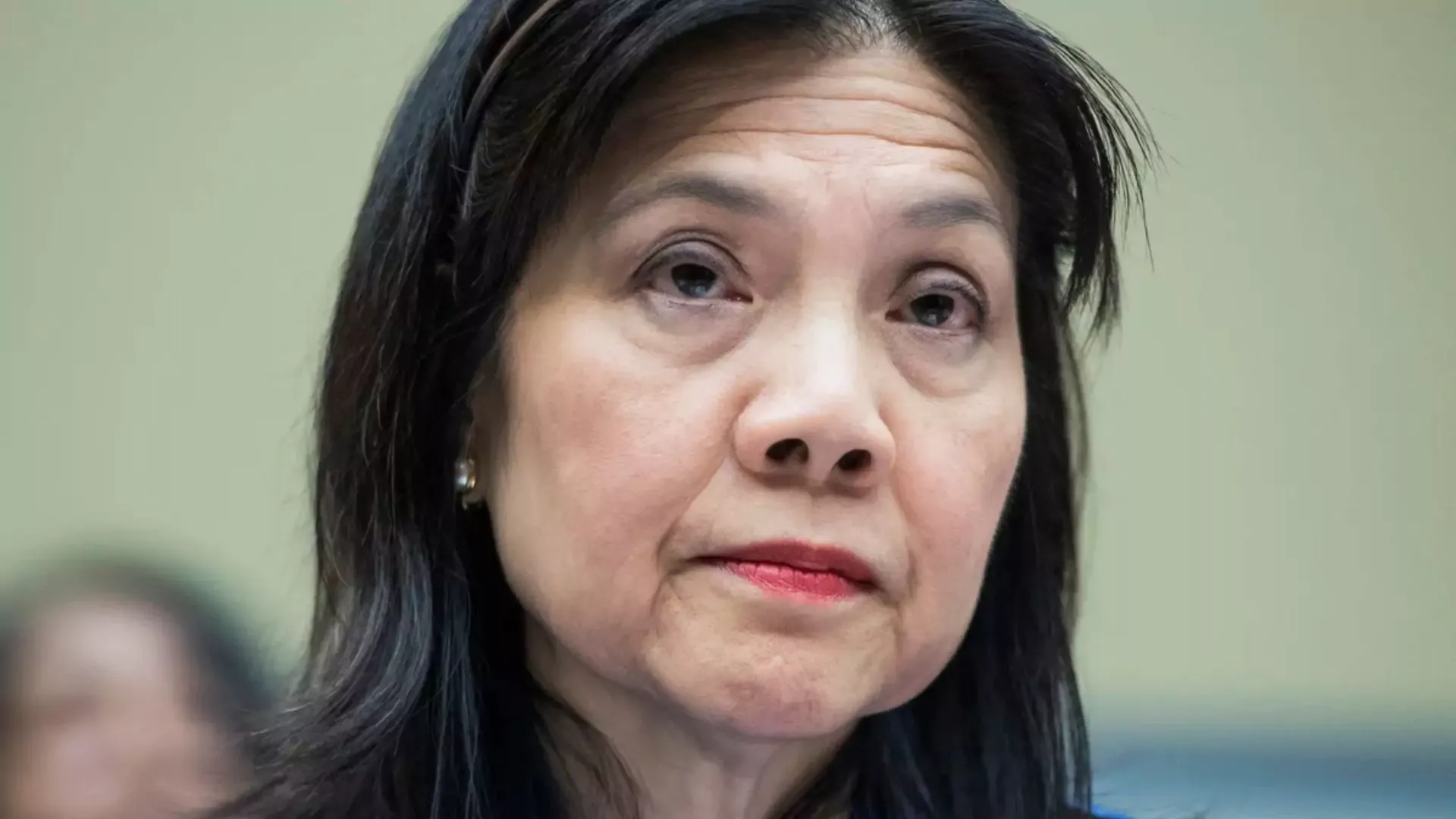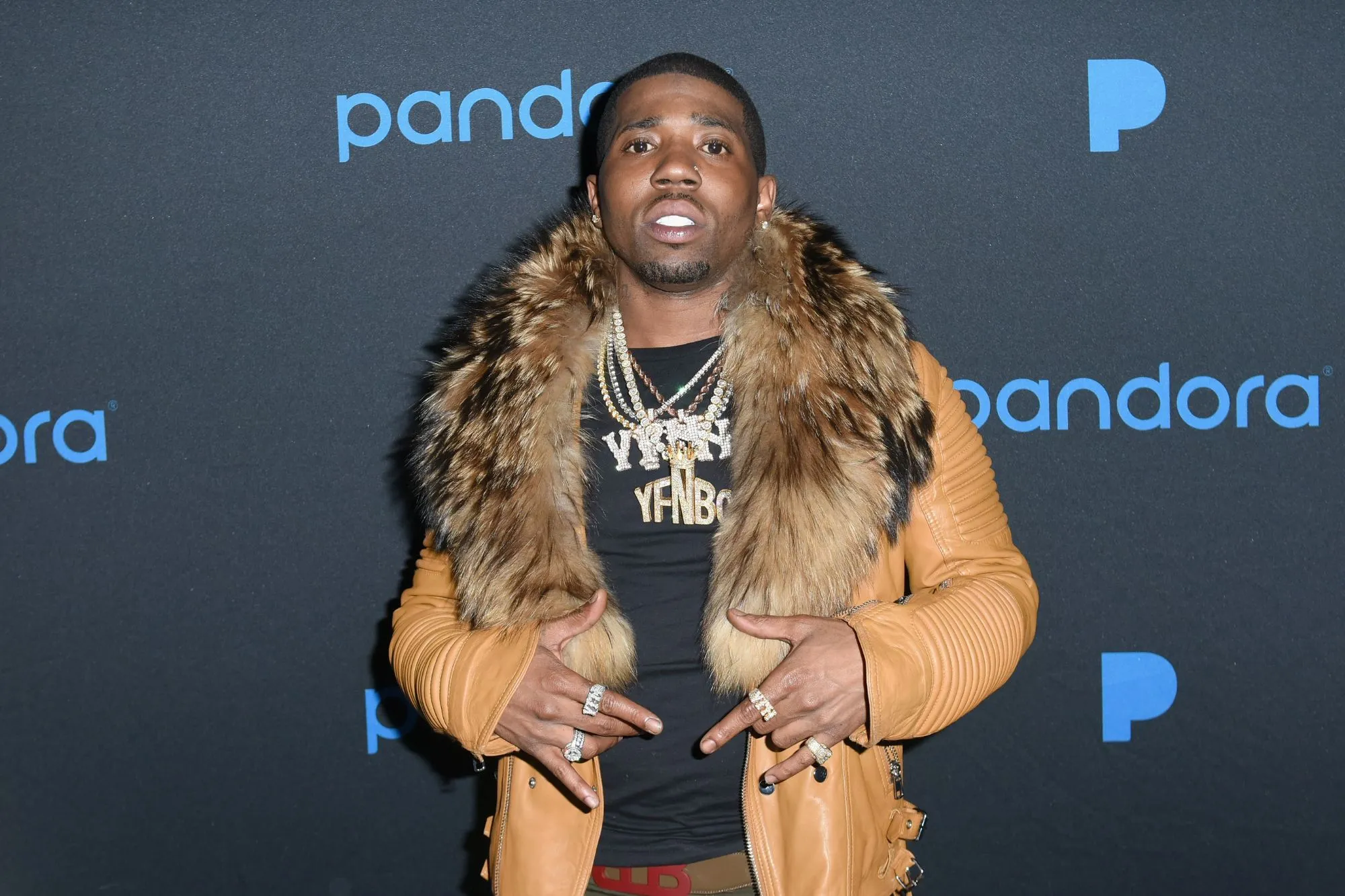Phyllis Fong’s Shocking Dismissal: What You Need to Know About the USDA Controversy
The recent dismissal of Phyllis Fong, the Inspector General for the U.S. Department of Agriculture (USDA), has sent shockwaves through the political landscape, raising critical questions about the integrity of federal oversight. Fong, who had served in this role since December 2, 2002, was forcibly escorted from her office after defying a dismissal order from the Trump administration. This incident highlights not only the tensions between Fong’s office and the administration but also the broader implications for independent oversight across the federal government.
Fong’s removal is emblematic of a troubling trend in which independent inspectors general are being removed from their positions, often without sufficient justification. Critics argue that this pattern undermines the integrity of oversight mechanisms designed to prevent waste, fraud, and abuse within government programs. “This is not just about one individual; it’s about the future of accountability in our government,” said a spokesperson for a prominent watchdog organization.
The controversy surrounding Fong’s dismissal is not merely a personnel issue but rather a reflection of deeper political currents. Her tenure has been marked by a commitment to investigating misconduct within USDA programs, and she has often testified before Congress, emphasizing the financial savings her investigations have achieved. However, her office has faced scrutiny from some Democrats for not being aggressive enough in pursuing investigations against major firms, such as JBS, which has significant business dealings with the USDA.
Fong’s removal comes at a time when the Trump administration has been criticized for a broader purge of inspectors general across various federal agencies. This pattern raises serious concerns about political interference in independent oversight roles, as many lawmakers and watchdog groups advocate for greater accountability in government. “The timing of these dismissals is alarming and suggests a concerted effort to weaken oversight at a critical juncture,” noted a legal expert familiar with the situation.
The legal ramifications of Fong’s dismissal are also significant. The Inspector General Act of 1978 mandates that the president provide a substantive rationale for the removal of Senate-confirmed inspectors general. Critics argue that this requirement has not been adequately addressed in Fong’s case, potentially opening the door for legal challenges regarding the adherence to federal law. “If the administration cannot provide a valid reason for her removal, it could set a dangerous precedent for future actions,” said a constitutional law scholar.
Fong’s situation has attracted attention from both lawmakers and advocacy groups, who are concerned about the implications for ongoing investigations, including those related to food safety compliance at various facilities. The USDA Office of Inspector General has previously published reports that were critical of the Trump administration’s actions, which may have contributed to the decision to remove Fong. The potential impact on ongoing investigations adds another layer of complexity to an already contentious situation.
The bipartisan support Fong has enjoyed throughout her career, having been appointed by President George W. Bush and serving under four different presidents, underscores the significance of her removal. Many view her dismissal as a politically motivated action that could have far-reaching consequences for the integrity of federal oversight. “This is a wake-up call for all of us who care about government accountability,” said a prominent political analyst.
In conclusion, Phyllis Fong’s shocking dismissal from the USDA raises critical questions about the future of independent oversight in the federal government. As the controversy unfolds, it is clear that the implications extend far beyond one individual. The ongoing debate about the role of inspectors general in safeguarding the integrity of government operations will likely intensify, prompting calls for greater protections against political interference.
As observers continue to monitor the situation, the fate of independent oversight hangs in the balance. Fong’s case may serve as a pivotal moment in the ongoing struggle for accountability within the U.S. government, highlighting the need for vigilance in protecting the independence of those tasked with safeguarding taxpayer interests. The developments in this case will undoubtedly shape the discourse around government oversight for years to come.






Leave a Comment